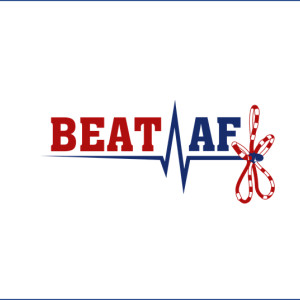 \
&
Contact us
\
&
Contact us
 \
&
Contact us
\
&
Contact us
This was 2 weeks ago
LocationOnline
ProgrammesThere is 1 attachment connected to this article.
Attachments are only accessible for people with an account on the NCP Flanders website.
The Norwegian University of Science and Technology (NTNU) Brussels Office organises a new webinar within its webinar series 'One hour with Europe': What future for the next framework programme?
This webinar will take place online at 10 June 2025, from 10:00 to 11:00.
The webinar will cover Europe's FP10 discussions, debates on budget allocation, research priorities and stakeholder positions, the European Parliament's stance, upcoming negotiations and potential funding shifts. MEP Eszter Lakos (active member of Science and Technology Options Assessment (STOA) and Committee on Industry, Research and Energy (ITRE) Committees) will help explore possible scenarios and evolving policies, followed by a Q&A session.
You can find more information in the document in attachment and you can register here until 6 June, 12:00. The webinar link will be sent out after the registration deadline has ended.
We offer news and event updates, covering all domains and topics of Horizon Europe, Digital Europe & EDF (and occasionally, for ongoing projects, Horizon 2020).
Stay informed about what matters to you.
By signing up, you can opt in for e-mail notifications and get access to
a personalised dashboard that groups all news updates and event announcements in your domain(s).
Only for stakeholders located in Flanders
Digital, Industry & Space AI Continent Defence EDF NATO-EDA

The Horizon2020 project BEAT-AF brings together 9 European renowned clinical centres in France, Belgium, Czechia, Germany and Austria. Together, the consortium strives to revolutionize Atrial Fibrillation (AF) treatment through catheter ablation and contribute to decrease the huge burden of AF in Europe. The BEAT-AF project kicked off in 2021 and will run until 2026. The department of electrophysiology of the AZ Sint-Jan Hospital in Bruges is partner in the project and has so far contributed to the pre-clinical development, the first in man studies and first registries of the revolutionary AF treatment put forward by the consortium. The first pilot studies show that the treatment is safe, effective and efficient.